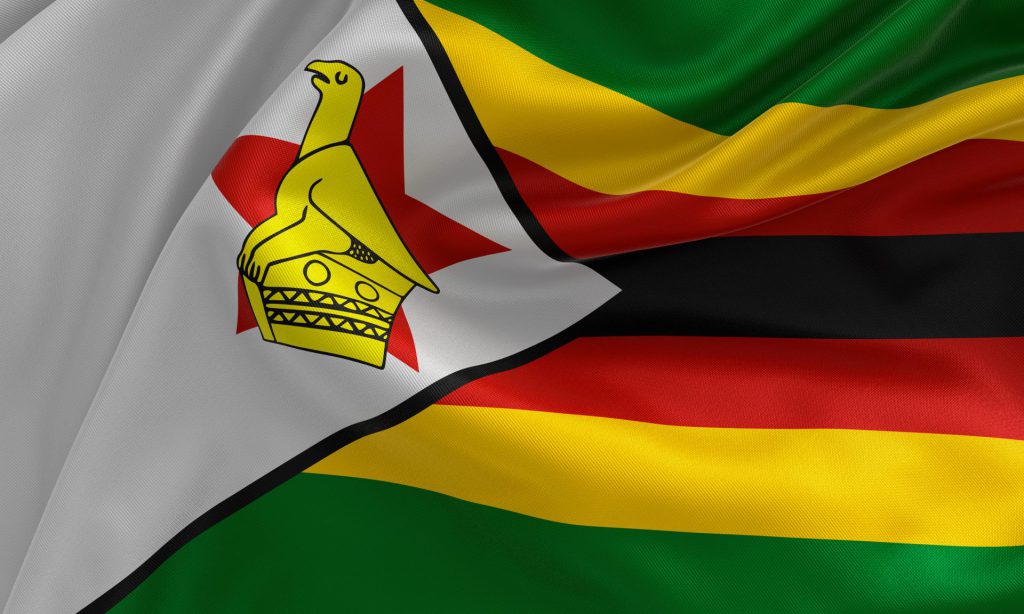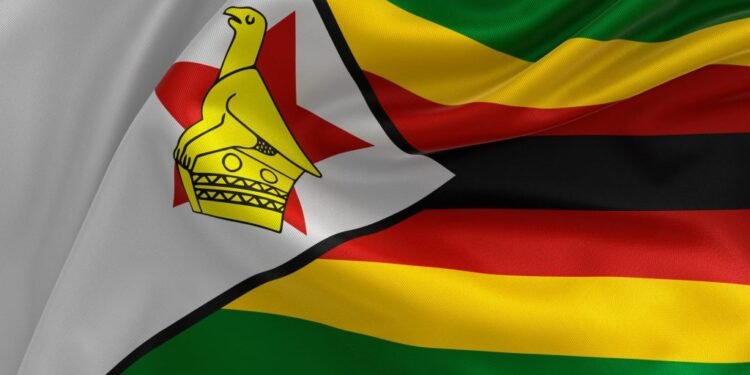As the BRICS economic alliance has continued its de-dollarization efforts, Zimbabwe has been the latest country to ditch the US dollar (USD). Following Iraq’s ban on the use of greenbacks in the country, it appears as though the declining usage of the Western currency internationally is a growing trend.
A report from Bloomberg has confirmed Zimbabwe’s plan to end the US dollar’s usage in the country over the next two years. Moreover, the BRICS New Development Bank has implemented a similar plan. The continued integration of parallel policies could reverberate throughout global economics in the coming years.

Also Read: Zimbabwe to Create New Digital Currency Backed by Gold
Iraq, Now Zimbabwe, Set to Follow BRICS De-Dollarization Lead
The growth of the BRICS economic alliance has certainly been an important geopolitical development this year. It has seen the bloc enact a six-country expansion while promoting the international presence of its local currencies. Subsequently, it has leaned into its quest for a multipolar world—one that starts with currency.
Now, as the BRICS bloc has embraced those ideas, Zimbabwe is the latest to ditch the US dollar (USD) in a growing trend. Specifically, a Bloomberg report has noted that the country is set to phase out the presence of the Western currency by 2025.

Also Read: Experts Predict if BRICS Currency Can Dethrone the US Dollar
This follows similar action taken by Iraq this year. Specifically, they opted to ban the use of US dollars in cash throughout the nation. Although these may not appear to be the massive changes that threaten the dollar’s global reserve status, they do remain an important point of observation.
The US dollar’s performance has notably affected global economics. Moreover, the growing national debt of the United States has placed even more pressure on a vulnerable currency. Subsequently, the BRICS bloc is seeking the implementation of infrastructure that would operate without the need for that currency. Especially as the United States has been known to weaponize it in the past.
Conversely, Zimbabwe’s largest asset management firm, Imara, has been confident in the plan’s ineffectiveness. Specifically, the management first noted that the country’s 2025 deadline to ban the dollar will do little to decrease its presence. However, the plan’s implementation does signal a growing trend, one that would have been impossible just a few years ago.









